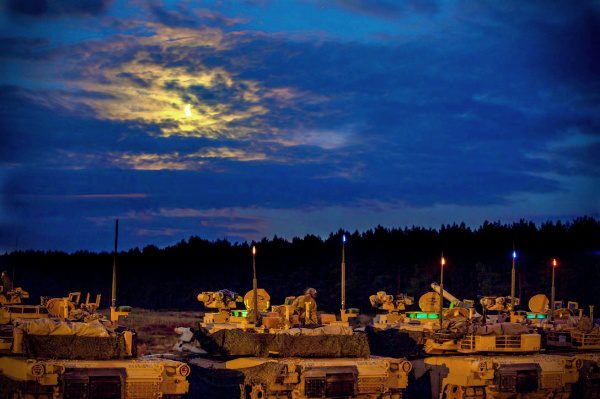Call our experienced military sex assault lawyers today for help finding the best civilian military attorneys for your case.
Voir Dire in Military Courts | Court Martial Attorneys
As in civilian courts, voir dire is permitted to ensure impartiality and to “obtain information about the intelligent exercise of challenges.” R.C.M. 912(d) Discussion. “The purpose of voir dire and challenges is, in part, to ferret out facts, to make conclusions about the members’ sincerity, and to adjudicate the members’ ability to sit as part of a fair and impartial panel.” United States v. Bragg, 66 M.J. 325, 327 (C.A.A.F. 2008).
Article 41 of the UCMJ and R.C.M. 912 control the court-martial voir dire process. R.C.M. 912(d) states that the military judge “may permit the parties to conduct the examination of members” (emphasis added). However, the discussion to R.C.M. 912(d) states that the military judge ordinarily should permit counsel for both parties to question the members.
The convening authority selects members to serve on the court-martial panel (i.e., the venire). The convening authority cannot select members in a way that excludes a group of otherwise qualified candidates (e.g., on the basis of race, rank, religion, etc.). United States v. Dowty, 60 M.J. 163, 171 (C.A.A.F. 2004); United States v. Roland, 50 M.J. 66, 68-69 (C.A.A.F. 1999). However, service members in the grades of E-1 and E-2 are presumptively unqualified under Article 25 of the UCMJ and may be excluded from selection. United States v. Yager, 7 M.J. 171 (C.M.A. 1979). The convening authority also cannot choose panel members to ensure a certain result (e.g., a harsh sentence), known as panel “stacking” or “packing.” United States v. Roland, 50 M.J. at 69 (1999); United States v. White, 48 M.J. 251, 254 (C.A.A.F. 1998).

